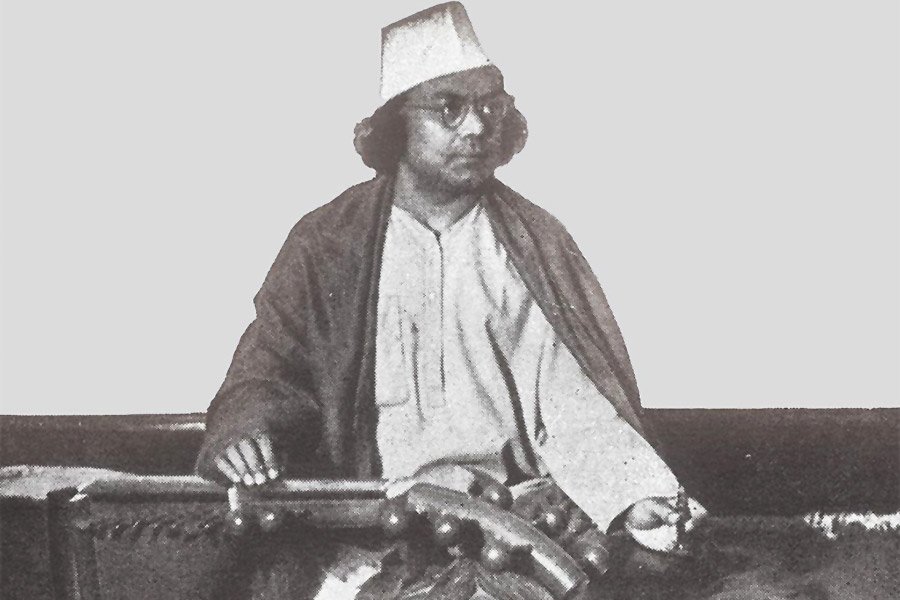Kazi Nazrul Islam, widely known as the "Rebel Poet" (Bidrohi Kobi), occupies a unique and powerful place in Indian literature. His literary contributions broke barriers of tradition, challenged oppression, and gave a new voice to the spirit of resistance, humanity, and equality in colonial India. Nazrul’s writings, deeply rooted in his experiences and ideals, span poetry, songs, essays, short stories, and plays. His landmark poem "Bidrohi" ("The Rebel") became a symbol of defiance against British rule, inspiring generations of freedom fighters and artists alike. Through fiery language and bold imagery, Nazrul fearlessly addressed themes of injustice, class struggle, and communal harmony. He dared to question authority, both political and religious, making him a truly revolutionary figure in Indian literature. One of Nazrul’s greatest contributions was his unwavering commitment to secularism and social unity. In an era when communal tensions were rising, he wrote poems and songs that celebrated both Hindu and Muslim traditions. His writings promoted a vision of India where all faiths and cultures could coexist in harmony. His famous poem "Hindu-Muslim" is a testament to his belief in unity and peace. Nazrul was also a pioneer in feminist literature. He challenged the patriarchal norms of society and advocated for women's rights and equality in many of his poems and essays — a rare and courageous stance during his time. Beyond political and social themes, Nazrul's works are known for their aesthetic beauty and lyrical quality. His poetry often blends Persian, Arabic, and Sanskrit vocabulary, creating a rich, diverse literary texture. He brought in new forms and experimented with language, enriching Bengali literature and making it more inclusive. Though he later became the national poet of Bangladesh, Nazrul's influence extends deeply into the heart of Indian literature. His fearless pen and compassionate heart made him a literary giant who not only dreamed of a free nation but also a just and humane world.

